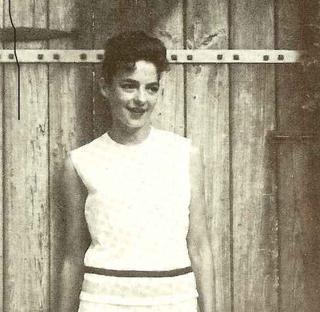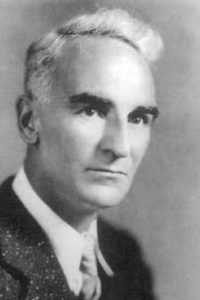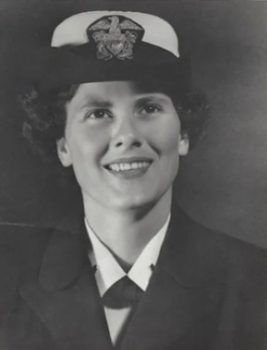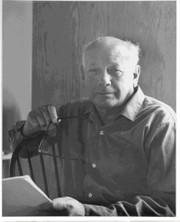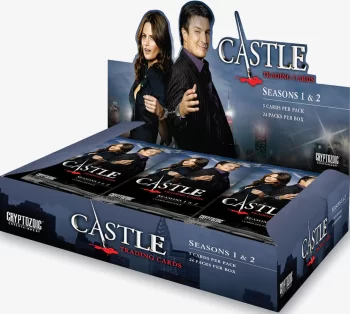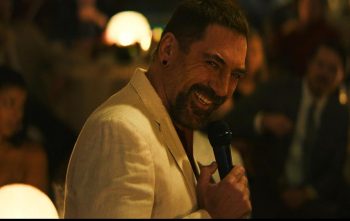 I have not been active in the John D. MacDonald world for awhile. Time is limited, and interests are many. I recently jumped down the Columbo rabbit hole (I wrote about him back in 2016, and I’ve got a big project in the works for 2027). And I’ve been watching that seventies show, Emergency!. That holds up way better than you might expect!
I have not been active in the John D. MacDonald world for awhile. Time is limited, and interests are many. I recently jumped down the Columbo rabbit hole (I wrote about him back in 2016, and I’ve got a big project in the works for 2027). And I’ve been watching that seventies show, Emergency!. That holds up way better than you might expect!
Which is all to say, I actually exclaimed in joy last week when I discovered a new ten-episode streaming series of Cape Fear is coming!! (You can see I’m still excited!). It will air on Apple TV, every Friday from June 5 through July 26.
Hopefully you’ve read some of my John MacD writings here at Black Gate. I even have a landing page where I collected my writings on him. I was late to the Robert E. Howard party, and Two-Gun Bob has risen to number two on my all-time favorite writers list. But John D. MacDonald is the one author he hasn’t passed. And I don’t think he ever will.
THE EXECUTIONERS
There was a writers community in Sarasota, Florida, in the fifties. MacDonald moved there in 1951, and the dean of the group was MacKinley Kantor, who wrote the Pulitzer Prize winner, Andersonville. He became JDM’s friend, and mentor. In 1957, at one of the gatherings, Kantor was needling MacDonald about the quality of his writing. All he wrote were mysteries and other paperback trash. Why didn’t he write a real book?
MacDonald got mad. He bet Kantor $50 that he would write a book within thirty days. A book that would be serialized in magazines, be a book club selection, and be turned into a movie. Kantor accepted.
MacDonald had written almost two dozen books, mostly paperback originals. MacDonald was popular, but the books were of a type. British critic and novelist Julian Symons later called his books “…production line efficient fast-moving American thrillers.” But he also said, “..there are interesting ideas about the nature of corruption and the increasingly mechanical form of life in America.”
Kantor saw that MacDonald had more in him. Something that would stand out from the good but similar book after book (I like what he was writing, but I’m also not a Pulitzer Prize winner, either).
…
Read More Read More


